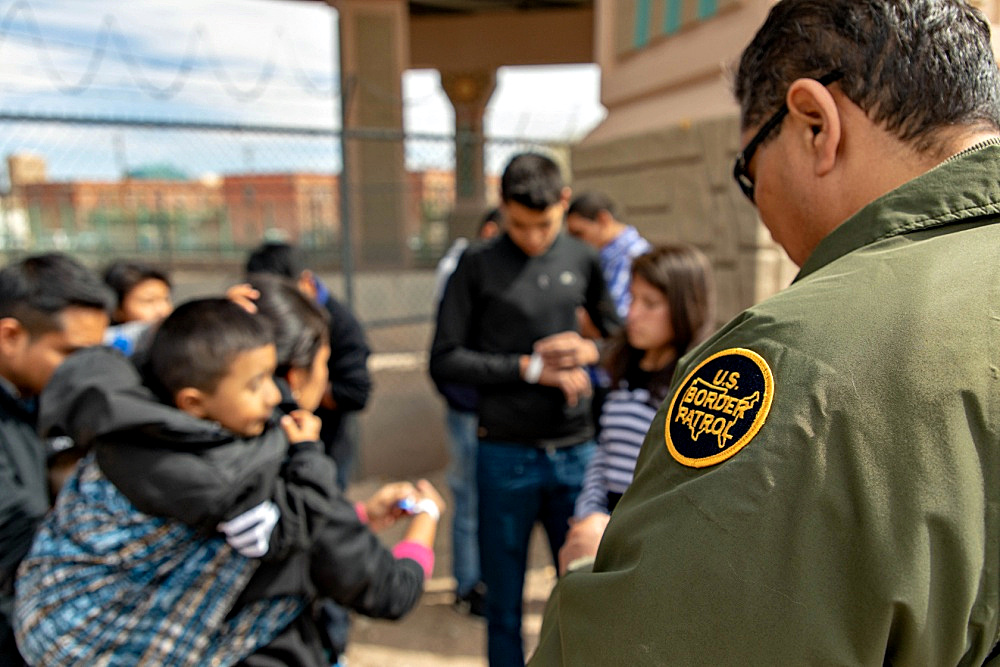Quick Bytes
- Asylum seekers face expedited credible fear interviews (CFIs) in CBP custody with limited legal counsel access.
- DHS Inspector General reports overcrowding and systemic issues in San Diego facilities conducting CFIs.
- Advocacy groups provide phone assistance for CFIs, but the process remains rushed and support is not guaranteed.
- Volunteers are crucial for providing CFI preparation and collecting information about the asylum process.
Understanding the Credible Fear Interview Process
The credible fear interview (CFI) is a critical step for individuals seeking asylum in the United States, determining their eligibility to apply for protection. The American Immigration Council, along with other organizations, is actively seeking volunteers to assist in preparing asylum seekers for these interviews, which have become more challenging due to recent policy changes.
Recent Changes and Challenges
In April 2023, the Department of Homeland Security (DHS) and the Department of Justice implemented a fast-tracked CFI process within CBP facilities, echoing a Trump-era policy. This “Enhanced Expedited Removal” program has been criticized for its rushed nature and lack of in-person legal counsel, leading to a low pass rate of around 23% for CFIs conducted in CBP custody.
Advocacy and Assistance Efforts
Organizations like the American Immigration Council are working to provide over-the-phone CFI preparation. However, the expedited timeline and inconsistent interview scheduling make it difficult for asylum seekers to access this support. Advocates also rely on these calls to gather information about the program’s implementation, as they lack in-person access to the facilities.
Call for Volunteers
The Council has extended its hotline hours and is calling for Spanish-speaking volunteers to help with the increased demand. Volunteers play a vital role in empowering asylum seekers and collecting essential data on the CFI process.
Volunteer Testimonies
Current volunteers express the fulfillment they find in aiding detained individuals, emphasizing the impact of their contributions on the lives of those seeking a safer future in the U.S.
How to Get Involved
Those interested in volunteering can find more information and sign up through the provided link. Questions can be directed to the email address listed in the original article.
For a more detailed understanding of the credible fear interview process and the ongoing efforts to support asylum seekers, readers can access the full article.



